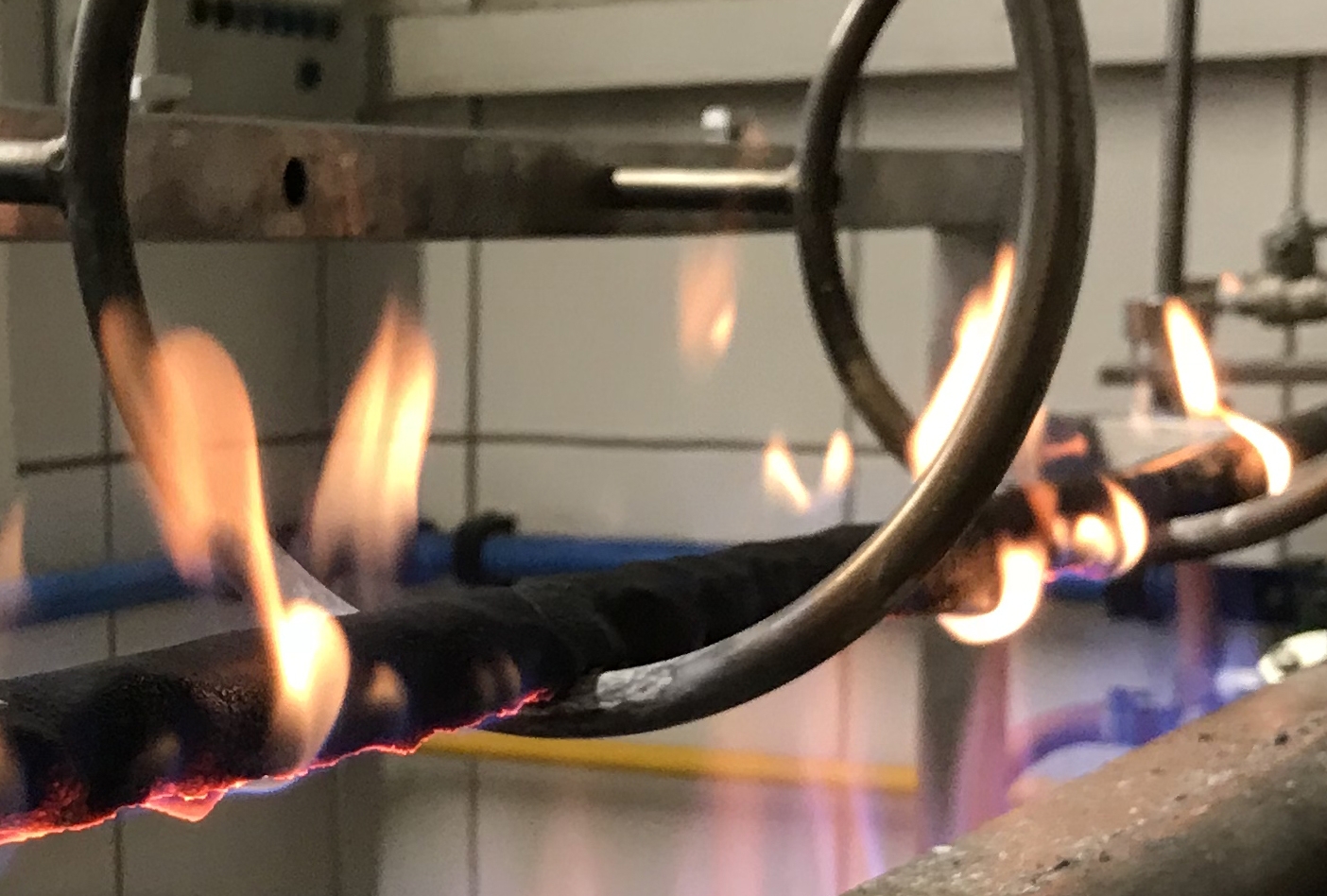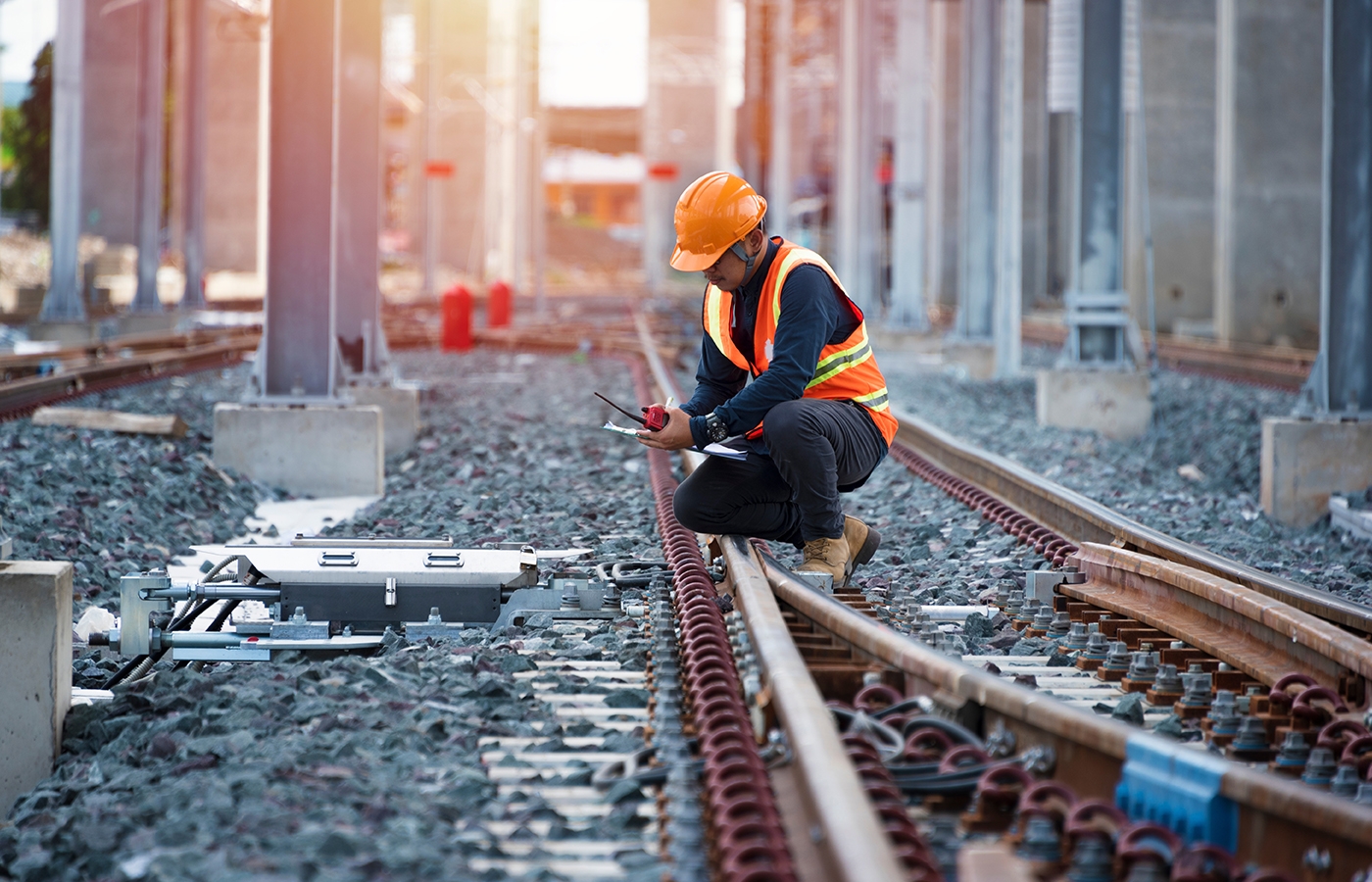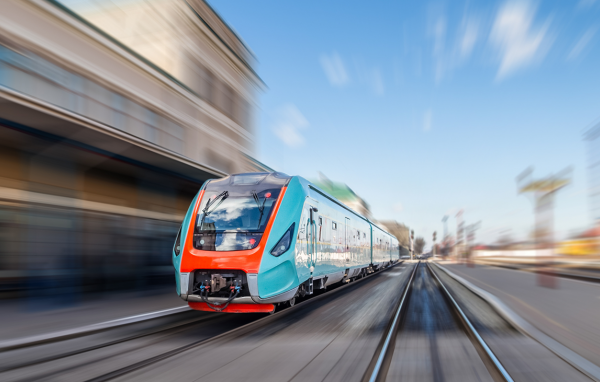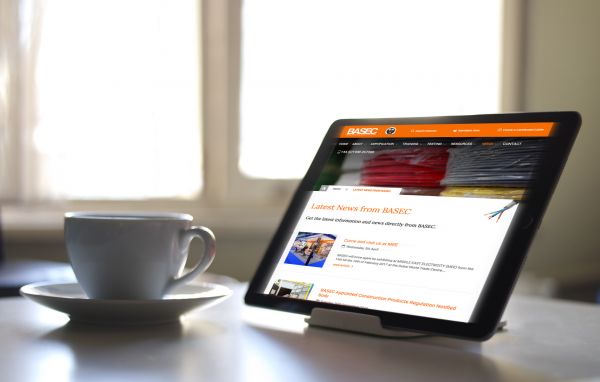Supporting railway cable performance and ongoing surveillance for safer networks
Cable performance is paramount to railway safety, so how can you be assured that the cables used are suitable? This article explains the importance of independently approved cable products and ongoing surveillance. Designed to safeguard global railway applications and their supporting infrastructures for decades to come.
Cable performance challenges
Safety remains the highest concern for operators and professionals within the railway industry. Infrastructure relies heavily on the efficient use of power cables to support signalling and power transmission. This includes everything from controls, switches and traffic management systems, to connectivity, signal boxes and equipment located on railway tracks themselves. Interaction is required between these applications and the rolling stock to ensure a smoothly operated system.
Cables must be able to sustain functioning pressures such as heavy loads, high speeds and exposure to unfavourable weather conditions. Common causes of railway cable failures include abrasion and fauna damage, as well as loose connections, corrosion and contamination damage. Often, these failures can all lead to costly downtime required to make the relevant repairs. They can also be a contributing factor causing overheating, flashover leading to fire, which in turn puts people’s safety and lives at risk. In assessing the levels of cable quality prior to installation, through rigorous independent testing, you can work towards minimising the likelihood of faults and failures. Certification enables cable performance to be tested to ensure that the cables used meet industry standards as well as the application’s operating needs. There is an ever-increasing demand for high quality railway cabling products, which function reliably and efficiently.
Standards conformity requirements for railway signalling and power transmission cabling differs by country and region, often in accordance with the relevant railway authorities and operators. Ensuring products have been verified to meet the standard’s performance requirements helps to safeguard the railway networks.
Cable testing and certification
To ensure the highest levels of quality are met, cables must be subjected to rigorous laboratory testing and continuous assessment of factory production quality. Factors which may compromise the cables performance, durability and safety can then be identified and minimised.
Several different testing and certification standards exist to justify that the quality and safety claims made by cable producers are valid. Standards can be specific to cabling performance in line with key areas of operation, for example those concerned specifically with rolling stock and respectively to infrastructures or signalling. While there are often local variations of rail testing standards set by each country, there are many International, British or European standards such as BS 7846 recognised globally.
The BS 7846 standard is focused on testing circuit integrity and resistance to fire, which is imperative to cables that need to continue to operate soundly under such circumstances. Circuit integrity testing is essential to cabling used in emergency management systems for applications such as alarms, sprinklers and lighting. In addition to assessing fire performance, BASEC supports the verification of many different cable aspects including the design, material properties, mechanical, electrical performance and reaction to chemical exposure in line with compliance requirements.

Ongoing quality surveillance
The railway industry has a commitment to ensure quality, safety and sustainability, in order to protect those using the services, working in, as well as the actual infrastructures. Key to this, stakeholders should ensure their cables, which are integral in connecting systems, are compliant with standards in line with the operating needs. With strict maintenance procedures at the forefront of the industry, cabling systems are a vital part of the infrastructure that must be included within maintenance schedules. Ongoing surveillance which is designed to regularly assess cable quality and compliance, is delivered for cables via third party certification providers such as BASEC, to limit and prevent failures or impacts to service. Certification is maintained via auditing of manufacturing processes and testing of cable samples 2-3 times a year, over a 3 year cycle.
BASEC is also focused on supporting the railway industry through ensuring cable quality has been maintained throughout the supply chain. Sourcing cables from an approved Registered Stockists provides assurance to those specifying cable products. Approved distributors are assessed to understand storage and handling since leaving the manufacturer has not been compromised or inadvertently damaged the cable. Take the all-important step towards protecting your railway networks and safeguarding your projects by purchasing only approved cables from approved stockists.

Summary
It is crucial that railway cables evidence quality and performance in line with the standards, delivering essential power supply to maintain efficient operations. With safety being a critical aspect to the protection of your passengers, workers and applications, independently verified cables provide you with the peace of mind that they are safe and will continue to function.
In addition to using cable products that have been independently tested, regular surveillance checks are also important to ensuring cable performance is maintained, helping to avoid the costly risk of cable failures in future. Quality cables that have been thoroughly assessed are vital to supporting railways in the future. Can you be confident that your cables are safe? If unsure check with BASEC.
Click below to download your rail testing guide.




